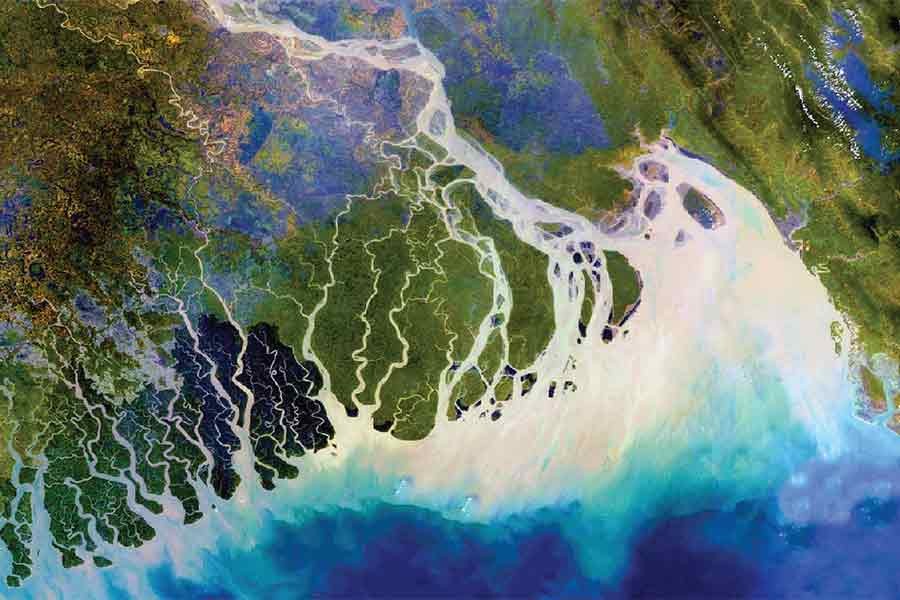With increasing climate risks, Bangladesh needs to continue investments to strengthen climate resilience in the coastal zones to protect the development gains, says a new World Bank report launched Monday.
The report, “Bangladesh: Enhancing Coastal Resilience in a Changing Climate” highlights the country’s journey to reducing vulnerability to climate change and recommends further actions towards improving the resilience of its coastal region.
It analyses the drivers of risks, how the government has reduced these risks and offers new perspectives and innovative solutions.
Despite vulnerability to climatic risks, Bangladesh has emerged as a global leader in climate change adaptation and is known for proactively investing in resilience.
“It shows how long-term investments in disaster risk reduction save lives, reduce economic losses, and protect development gains,” the report says.
This was possible due to a range of initiatives backed up by a strategic policy framework, from grassroots-level adaptation and community-based early warning systems to structural investments in infrastructure complemented by nature-based solutions and fostering innovation. Since independence in 1971, Bangladesh has reduced cyclone-related fatalities by 100-fold.
However, a rapidly growing population, environmental degradation, and increasing climate risks are putting pressure on the existing natural and infrastructure systems in the coastal zone which is home to about 40 million people.
Bangladesh needs to take further immediate actions to improve resilience, the report emphasised.
“Coastal resilience is not a static goal to be met, but rather a continuous process of adapting to changing conditions and finding synergies between development objectives,” said Dandan Chen, World Bank Acting Country Director for Bangladesh and Bhutan.
“For the last fifty years, the World Bank has supported Bangladesh to build climate resilience and improve disaster risk management. Today, the country shares valuable experience in improving disaster preparedness and climate resilience and is an inspiration for other climate-vulnerable nations.”
The report finds that further investments in coastal resilience would produce an array of economic, social, and environmental benefits for Bangladesh.
It lays out seven key recommendations to strengthen the resilience of the coastal region, including strengthening the operation and maintenance of infrastructure; recognising local knowledge; and utilising state-of-art modelling tools.
Given the changing climate and dynamic coastal processes, a risk management framework should act as the guiding principle for adaptive delta management.
Infrastructure investments need to be complemented with nature-based solutions. The coastal area can benefit from inclusive community participation and livelihood adaptation for sustainable resilience.
“Lastly, establishing an integrated framework that goes beyond risk reduction and includes growth, well-being, and sustainable development at its core.”
“Given the significant investment need, we can learn from past interventions and find innovative solutions. This report provides a first-of-its-kind analysis of all large investment projects since the 1960s”, said Swarna Kazi, World Bank Sr. Disaster Risk Management Specialist and co-author of the report.
“A key lesson learnt is that there is huge potential in Bangladesh for nature-based solutions or hybrid solutions with a mix of green-grey infrastructure,” added Ignacio Urrutia, World Bank Sr. Disaster Risk Management Specialist and co-author of the report.
This report complements the forthcoming Bangladesh Country Climate and Development Report (CCDR), the World Bank Group’s new diagnostic report that integrates climate change and development considerations.


